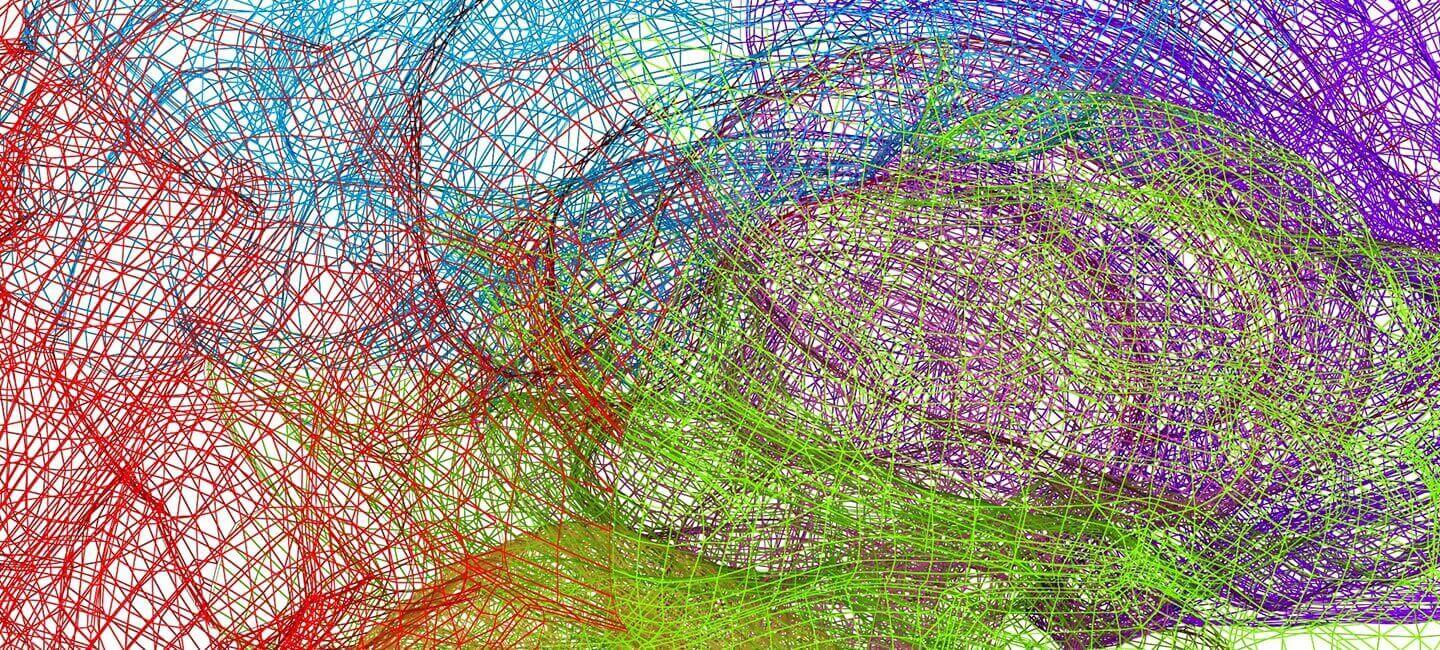Large Gene Expression Study Sheds Light on Causal Factors in Five Brain Disorders
Large Gene Expression Study Sheds Light on Causal Factors in Five Brain Disorders

Researchers studying gene expression in cerebral cortex tissue sampled from postmortem brains have identified patterns of shared and distinct gene expression patterns in autism, schizophrenia, bipolar disorder, depression and alcoholism. The results, published February 9 in Science, offer a unique glimpse at genome-wide, disorder-related molecular signatures that could help fine-tune diagnosis and treatment for these illnesses.
The study was a mega-analysis, i.e., based on analysis of data collected in a number of prior studies. These studies, taken together, provided data on gene expression (patterns of activity in genes) in 700 postmortem brains donated by patients who had been diagnosed with the five disorders. Gene expression can be measured in bodily tissues, including brain tissue, after death, by counting messages “spelled out” in the form of RNA that are generated when specific genes are activated. These RNA messages from genes, present in cortical tissue in the postmortem brains, were compared with RNA messages in 293 healthy postmortem brain tissue samples and as well as samples in non-brain tissue from 197 patients with inflammatory bowel disease. This comparison of gene-expression patterns was made to rule out patterns in gene expression that might be related to non-neural disease processes.
The data suggested to the researchers that shared genetic factors lie behind a substantial proportion of the gene expression overlap among the brain disorders (alcoholism was the exception, not sharing the patterns seen in the other disorders). The results also suggested that these shared genetic factors probably produce symptoms indirectly, through their impact on brain development and cell-to-cell signaling events. They also revealed some surprising gene activity signatures among the diseases.
For instance, patterns of gene expression in bipolar disorder and schizophrenia overlap more than they do in bipolar disorder and depression, despite the fact that depression and bipolar disorder are both classified as “mood disorders.” Autism has an expression pattern characterized by increased regulatory activity of microglia, cells that are increasingly recognized as important in synaptic development and function. Depression has a signature of gene activity related to dysregulation of hormonal signaling that is not seen in any of the other illnesses. And the gene expression patterns in alcoholism do not overlap with the patterns seen in the other four disorders.
Scientific Council Member Kenneth Kendler, M.D., of Virginia Commonwealth University, who was not involved in the study, commented in an interview with the journal Science that “this [work] is changing fundamental views about the nature of psychiatric illness.”
The study authors include Daniel Geschwind, M.D., Ph.D., a 2012 Ruane Prizewinner, 2015 Distinguished Investigator, and 1999 Young Investigator grantee at the UCLA School of Medicine; and Chunyu Liu, Ph.D., a 2004 and 2001 Young Investigator grantee at the University of Illinois at Chicago. The first author of the paper is UCLA’s Michael J. Gandal, M.D., Ph.D.



